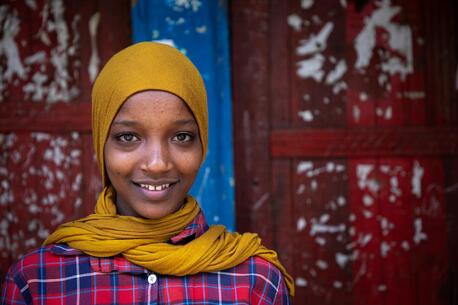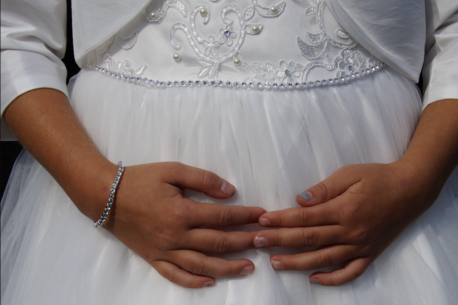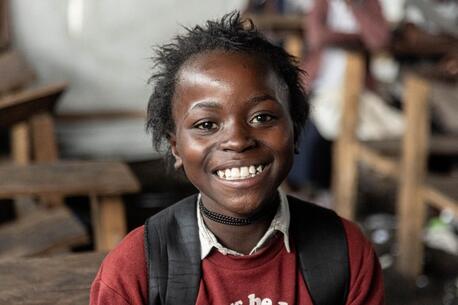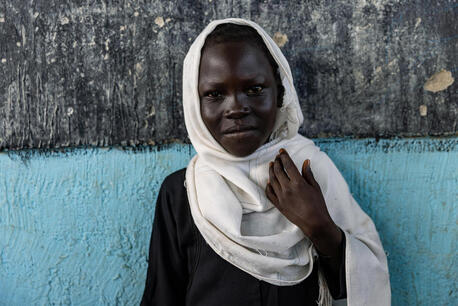
Rights at Risk: Confronting Global Crises on Human Rights Day
75 years after the adoption of The Universal Declaration of Human Rights, it's more important than ever to uphold and advocate for the inalienable rights of every person, everywhere. A look at the progress made and how UNICEF is working worldwide to ensure the rights and protections of every child.
Every year on December 10, the world commemorates Human Rights Day. It is a moment dedicated to reflecting on the adoption of the Universal Declaration of Human Rights (UDHR) in 1948 — and a stark reminder that we must continue to uphold and advocate for these rights for the health and well-being of every person and our shared society.
Consisting of a preamble and sequential articles, the UDHR outlines 30 rights that apply to every person. These rights are not granted by a State or authority but rather are inherent to a person simply by the virtue of being human. Some of the rights outlined in the UDHR include:
- The right to equality
- Freedom from slavery and servitude
- The right to asylum
- Freedom of thought, conscience and religion
- The right to education
The UDHR serves as a guiding document and standard to which all nations and peoples should strive; however, the implementation and enforcement of these rights vary widely across the globe. For many, including children, these rights are not reality.
Our rights are vulnerable — and conflict, climate change and COVID pose increasing threats
In recent years, the landscape of global challenges has starkly highlighted the fragility of human rights. Armed conflicts and wars around the world — including those in Haiti, Sudan, Ukraine and Israel and Gaza — have not only claimed countless lives, including those of children, but have also led to egregious human rights violations including displacement, loss of livelihoods and breakdowns of social structures.
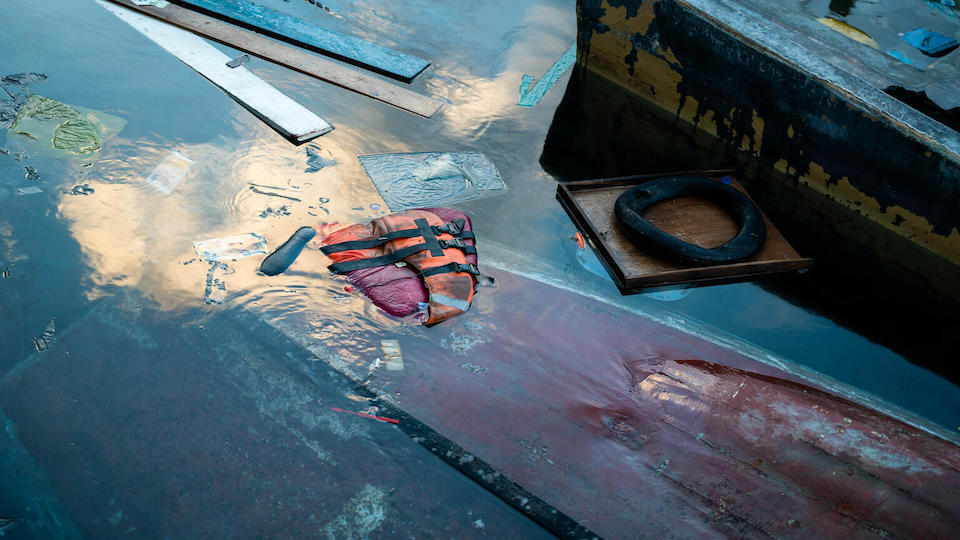
Climate change poses another threat, exacerbating natural disasters, food and water scarcity and environmental degradation, which in turn displace children and their families and intensify poverty and health risks. Often, these crises disproportionately affect the most vulnerable communities, including women and girls.
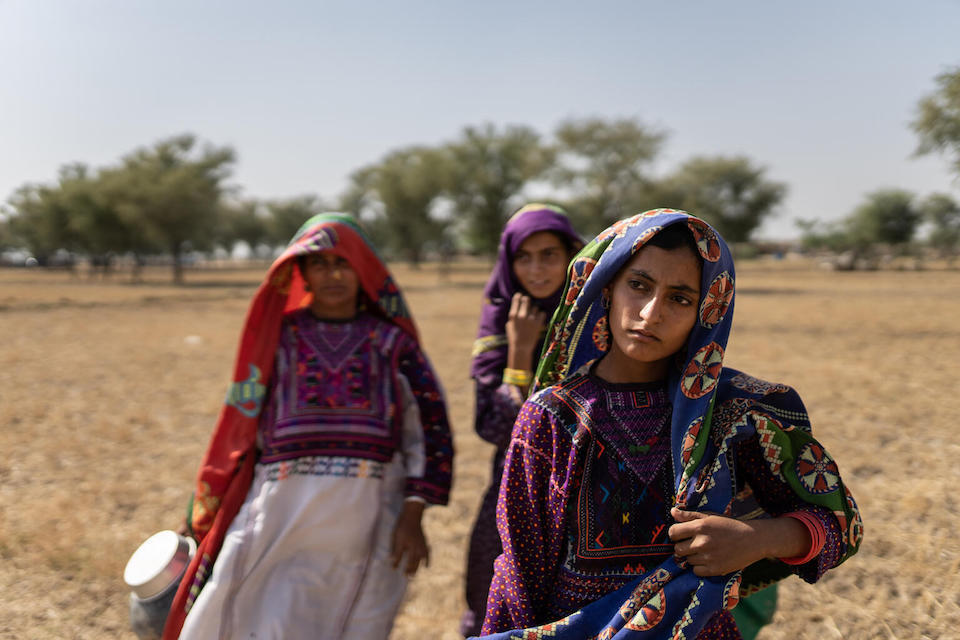
Additionally, the COVID-19 pandemic continues to challenge individuals’ rights to health, education and employment, and has, for nearly four years now, illuminated deep global inequalities.
Together, these crises underscore the urgent need to address human rights violations and ensure that every child and every person is protected.
UNICEF USA takes a local-to-global approach to support child and human rights in the U.S. and beyond
In the U.S., UNICEF USA works with partners, including Zonta International, to safeguard the rights of children and girls. Through concerted efforts to end child marriage in the U.S., where child marriage is banned in only 10 of 50 states, UNICEF USA and Zonta are helping to ensure that girls across the country and beyond can fully realize their potential and shape futures in which their rights to safety, education and self-determination are unassailable.
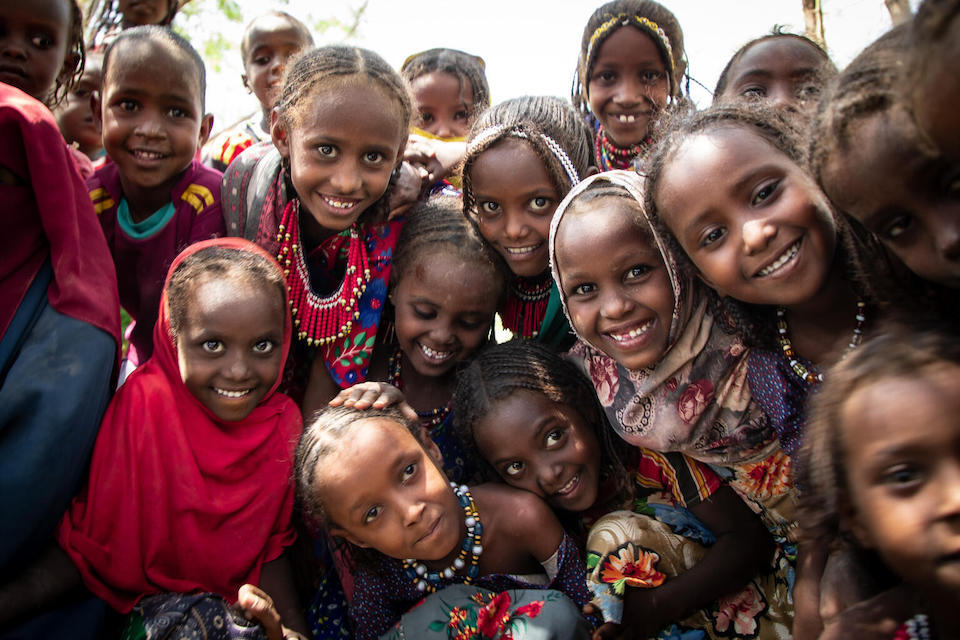
UNICEF USA also works with local stakeholders across the country through the UNICEF Child Friendly Cities Initiative (CFCI) to establish safer, more just, equitable, inclusive and child-responsive communities. Launched in the U.S. in 2020, the CFCI ensures youth voice in policymaking and prioritizes the rights of children and youth in their childhoods and throughout their lives.
Along with efforts to prioritize mental health support, quality education and more for youth in the U.S., UNICEF USA works with government officials and uses its platforms to amplify UNICEF’s global work in support of child and human rights — on Human Rights Day and every day, all year long.
UNICEF works around the clock and around the world to defend child and human rights
Globally, UNICEF works with partners to ensure the rights of children, youth and their families — from protecting girls’ right to education in Afghanistan and establishing temporary learning centers in the wake of natural disasters, to supporting children and families on the move across the world’s most dangerous migration routes and calling out and demanding action on grave violations and war crimes on a global stage.
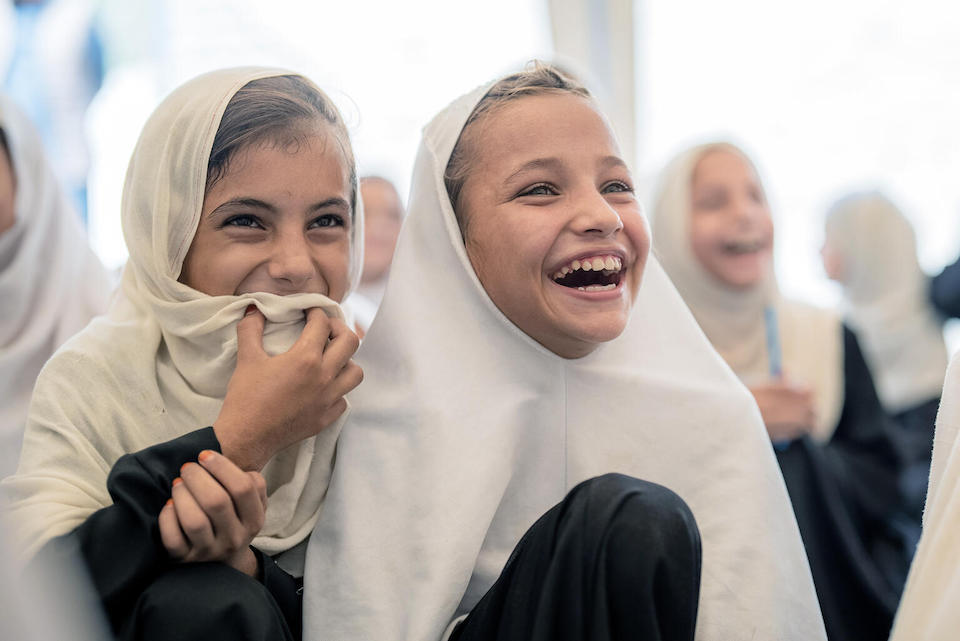
For every child, every right
UNICEF’s teams respond to hundreds of emergencies every year — on average, more than one per day. UNICEF is often among the first on the ground and the last to leave when disaster strikes and remains active in more than 190 countries and territories, where teams work every day to ensure that every child is healthy, educated, protected and respected during both times of crisis and peace.
Learn more about how UNICEF works to promote and protect children's rights.
As we mark 75 years of the UDHR, the stakes are higher than ever. Your support can help dismantle barriers to education, provide sanctuaries from conflict and secure the health and well-being of children in every corner of the world. Donate today.
